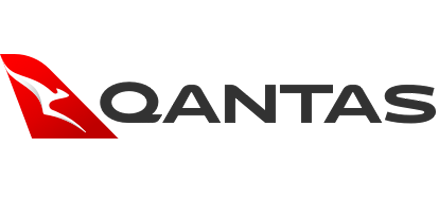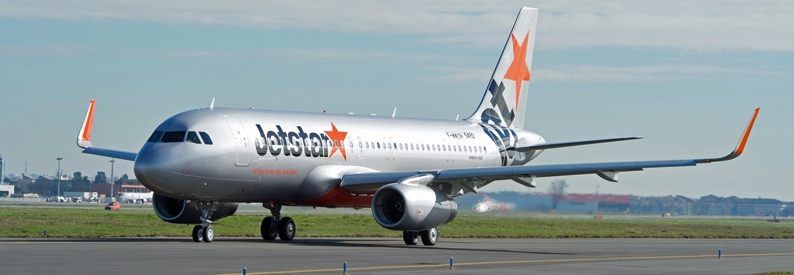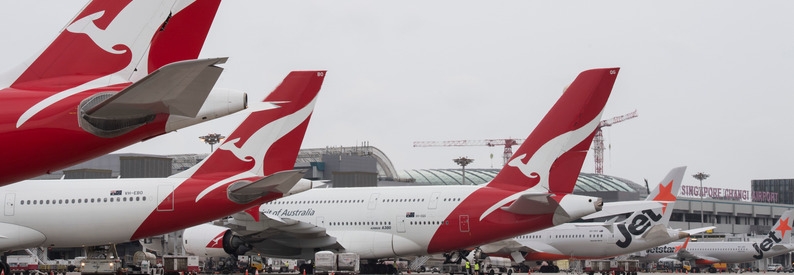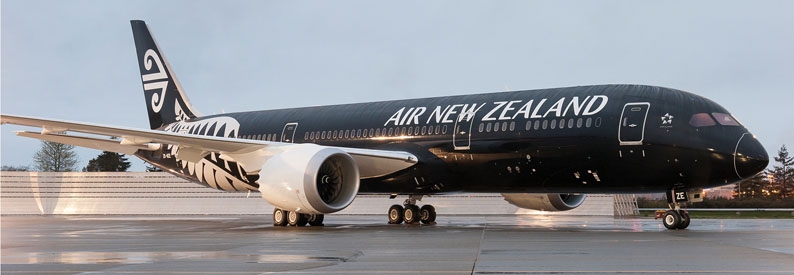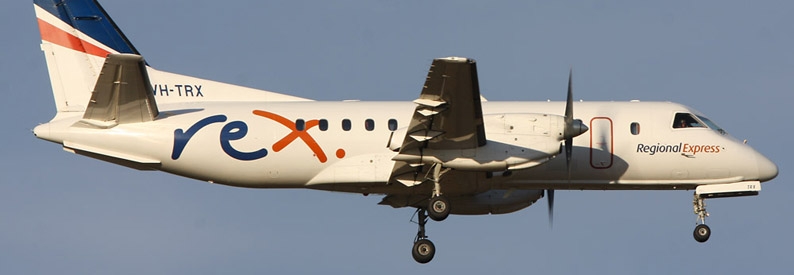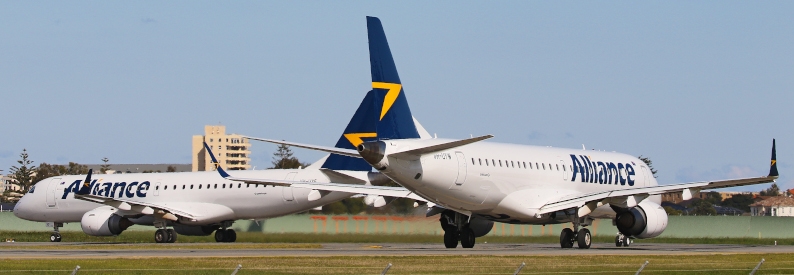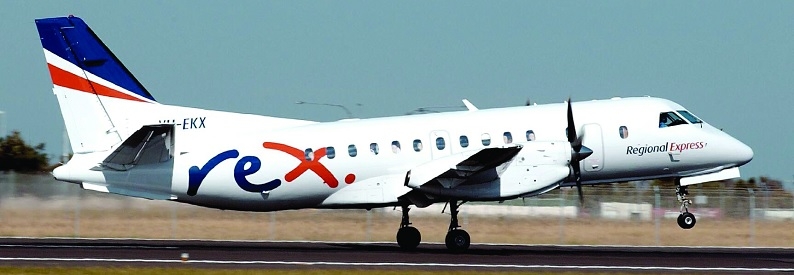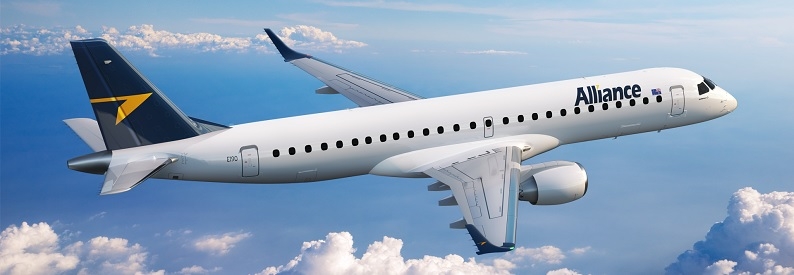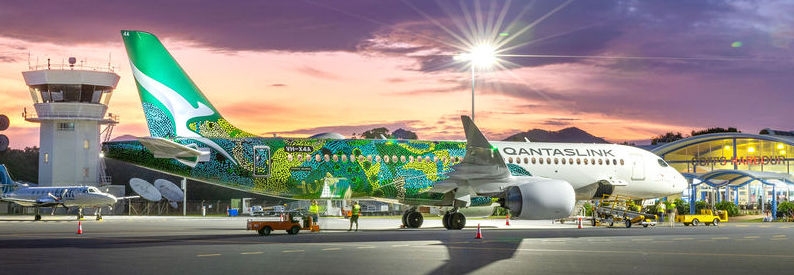The Australian government has indicated it will look at reforming the slot regime at Sydney Kingsford Smith, Australia's busiest airport that is served by 55 airlines but dominated by three - Qantas, Jetstar Airways, and Virgin Australia.
The government released its Aviation Green Paper on September 7, a precursor to developing the Aviation White Paper. The government is touting the forthcoming White Paper as influencing the country's aviation policy through the middle of the century. Recommendations on how to improve slot management at Sydney Airport were made in 2020 by a government-commissioned independent review. Those recommendations have been ignored to date, but last week, Transport Minister Catherine King said that could change.
"The Government is considering the recommendations from the Review of the Sydney Airport Demand Management Scheme," King said in a September 7 statement. "We have recently concluded targeted consultation regarding potential changes to the Scheme, with a particular eye to modernising the slot allocation framework and strengthening compliance measures to ensure that slots are not being misused by airlines. I will have more announcements to make about these reforms in due course."
The current slot regime restricts aircraft movements to just 80 per hour. However, weather and operational constraints often see the actual number of aircraft movements running at roughly half of that. A seven-hour overnight curfew further constricts the number of slots on offer. Competition for the remaining slots is high, particularly among the smaller Australian operators like Rex - Regional Express (ZL, Wagga Wagga), who has long advocated for reform. Newcomer Bonza (Sunshine Coast) is yet to start services to Sydney and has previously said lack of access to slots was one of the reasons why. The day-to-day administration of slots at Sydney Airport is undertaken by the Australian government agency, Airport Coordination Australia (ACA).
The two big Qantas Group carriers, Qantas and Jetstar, share a 52.22% market share at the airport when measured by weekly available seats. Rival Virgin Australia sits on an 18.38% market share, meaning between them, the trio of airlines command a 70% plus market share at the airport and have a proportional amount of slots to reflect that. The remaining 52 carriers at the airport share the remaining sub-30% market share. Both the Qantas Group and Virgin Australia have been accused of hoarding slots - that is, scheduling flights to fill the slot spaces but then deliberately cancelling those flights. Under the current 80/20 rule, 80% of slots allocated must be utilised, or the airline risks losing them. Scheduling a flight, then later cancelling it, counts as utilisation. Both airlines deny the practice, but a growing body of evidence suggests otherwise and influential local aviation figures, including the CEO of Sydney Airport, have called out the practice.
"We continue to see evidence of unused slots going to waste, said CEO Geoff Culbert last month. "(There is) a persistent mismatch between slots held by domestic airlines and the schedule that is flown."
Qantas says it supports the review, with the airline saying it is a welcome opportunity to improve the efficiency of the system, while a Virgin Australia spokesperson told ch-aviation that the airline supports a range of changes to Sydney slot rules that would create more flexibility. "These changes are expected to make more peak slots available for existing airlines and new entrants," the spokesperson said.
Minister King's office says the government will talk to stakeholders on the issue of slots and other aviation related matters through a series of roundtable sessions in October and November 2023.
- Type
- Base
- Aircraft
- Destinations
- Routes
- Daily Flights
